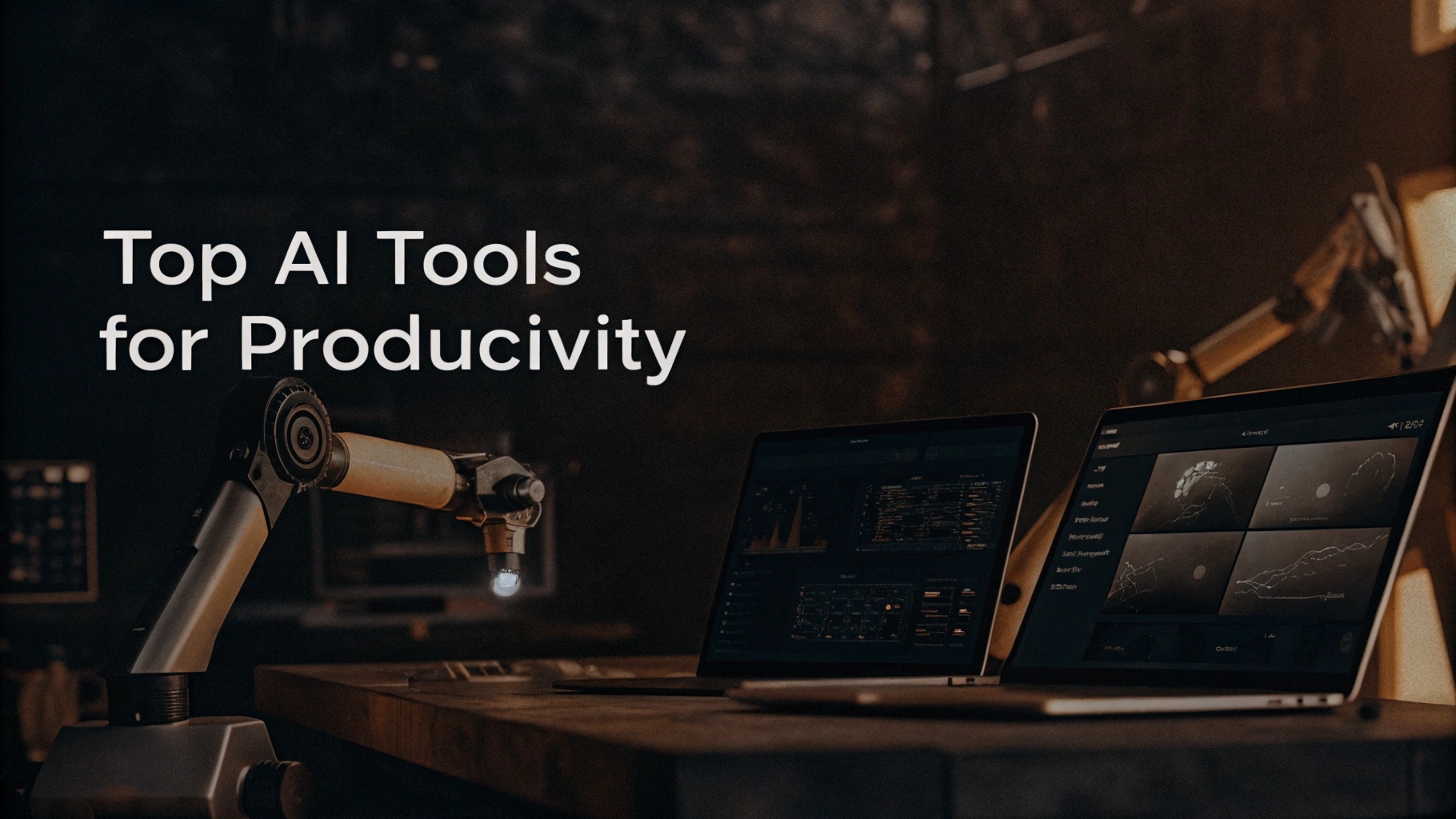Essential Soft Skills University Students Need for the 2025 Job Market
In today’s rapidly changing professional landscape, the gap between academic learning and workforce needs has become more pronounced. As technology evolves and industries transform, employers are increasingly looking for graduates who not only have strong technical foundations but also possess a range of soft skills that enable them to thrive in dynamic, collaborative work environments. This blog post explores the importance of aligning education with the evolving job market, discusses the critical soft skills that university students need for the 2025 job market, and provides practical insights for bridging the skills gap.aakadimia.com
The Growing Skills Gap
For years, academic programs have traditionally focused on cultivating deep technical knowledge. However, recent trends show that technical prowess alone no longer guarantees success. Employers today emphasize the need for graduates who can communicate effectively, adapt to unforeseen changes, and solve complex problems. This growing realization has brought the skills gap to the forefront of the educational discourse.aakadimia.com
When companies state they struggle to find candidates with both technical abilities and interpersonal skills, it reflects a disconnect between what is taught in the classroom and what the modern workplace demands. This gap is not just about having a dazzling résumé—it’s about the readiness to work collaboratively in diverse teams, engage with clients, and drive innovation within the organization.
The Need for Soft Skills
Soft skills encompass a broad range of personal attributes and interpersonal abilities that are essential in the workplace. They include effective communication, teamwork, adaptability, critical thinking, creativity, and emotional intelligence. These skills are vital because they enable individuals to navigate complex social dynamics, manage stress, and lead or collaborate with others in a way that fosters productivity and innovation.aakadimia.com
Communication Skills:
Strong communication skills—both verbal and written—are the cornerstone of professional success. Whether it’s presenting a project to stakeholders, explaining complex concepts in simple terms, or writing clear emails, being able to articulate ideas effectively can set a candidate apart. In the digital era, active listening and empathetic communication are equally important as they foster deeper connections within teams and lead to better outcomes in client interactions.
Teamwork and Collaboration:
The modern workplace is rarely a solo endeavor. Instead, it thrives on collaboration and the collective energy of diverse teams working towards shared goals. Students who learn how to collaborate, listen to diverse viewpoints, and contribute effectively to team projects are more attractive to employers. The ability to work harmoniously with others, even under stress, demonstrates maturity and a readiness for real-world challenges.
Adaptability and Learning Agility:
The job market in 2025 will be defined by rapid change and constant innovation. Graduates must be prepared to adapt their skill sets to new roles, technologies, and industry trends. Adaptability involves not only being flexible in the face of change but also possessing the willingness to learn continuously. This adaptability ensures that even if a student’s first job isn’t a perfect match for their education, they have the tools to evolve and succeed.
Critical Thinking and Problem-Solving:
While technical skills equip students with the knowledge to perform specific tasks, critical thinking and problem-solving enable them to apply that knowledge in practical scenarios. Employers value individuals who can analyze complex issues, evaluate alternative solutions, and implement decisive actions. Cultivating these soft skills means students are more likely to navigate workplace challenges effectively and come up with innovative solutions.
Emotional Intelligence:
Emotional intelligence, or the ability to understand and manage one’s own emotions as well as those of others, is increasingly important in determining workplace success. This skill helps individuals deal with conflict, show empathy towards colleagues, and build strong professional relationships. In leadership roles, emotional intelligence can translate into better management of teams and more successful change initiatives.
Time Management and Organization:
Effective time management and organizational skills allow university students to juggle various tasks, manage academic and extracurricular responsibilities, and ultimately excel under pressure. In many professional settings, deadlines and project milestones dictate success. Students who master the art of balancing time, prioritizing tasks, and managing stress are better positioned to handle the complexities of the modern workplace.
Aligning Education with Future Workforce Needs
Addressing the skills gap requires a fundamental shift in how educational institutions prepare students for their future careers. As the job market continues to evolve, there is a growing need for educational programs that balance technical instruction with the development of soft skills. Several strategies can help bridge this gap:
1. Interdisciplinary Learning:
Combining technical courses with modules focused on communication, leadership, and design thinking encourages students to apply their knowledge holistically. For example, a computer science student might benefit from courses in project management or creative problem-solving, which can complement their technical skills and enhance their employability.
2. Experiential Learning Opportunities:
Internships, cooperative education programs, and real-world projects provide invaluable hands-on experience for students. Such experiences not only allow them to apply academic theories but also foster an environment where soft skills are honed in real-time. Collaborating on group projects or working on industry-sponsored challenges can simulate the kind of collaborative problem-solving needed in the real world.
3. Soft Skills Workshops and Seminars:
Universities and learning platforms can offer dedicated workshops on soft skills development. These sessions might include public speaking courses, team-building exercises, leadership seminars, and design thinking workshops. This focused training helps students understand the relevance of these skills and how to cultivate them continuously.
4. Mentorship Programs:
Mentorship is a powerful way to bridge the educational and professional worlds. Experienced professionals can provide guidance, share industry insights, and model soft skills in action. A mentor’s perspective can help students navigate obstacles, find career paths that value both hard and soft skills, and build confidence for the challenges ahead.
Preparing for the 2025 Job Market
As the job market continues to evolve, university students must proactively work to develop a balanced skill set that encompasses both technical competence and soft skill mastery. They need to champion lifelong learning, remain curious, and embrace diverse educational experiences that extend beyond traditional lectures.
In a world where disruptive technologies and shifting market dynamics can render even the most technical knowledge obsolete, the ability to pivot, learn, and adapt is the true marker of professional readiness. Moreover, tomorrow’s leaders will be those who combine deep technical understanding with the essential human qualities that drive innovation, foster collaboration, and inspire trust.
For students seeking to enhance these critical skills, platforms like [aakadimia.com](https://aakadimia.com) offer a wealth of resources. Whether you’re looking to book a class or buy a course, aakadimia.com provides tailored and comprehensive courses designed to bridge the gap between academic learning and real-world application. This kind of proactive educational engagement can be the key to unlocking a future-ready career.
Bridging the Gap Today for Tomorrow’s Success
While the technical skills required by the modern workforce are foundational, they form just one part of the equation. The continuously evolving job market places a premium on soft skills—communication, teamwork, adaptability, problem-solving, and emotional intelligence—that empower graduates to navigate complex challenges. By integrating these soft skills into academic curricula and beyond, educational institutions can better prepare students for the realities of the workplace.
Universities are beginning to recognize that the traditional model of education must itself evolve to meet these new challenges. By fostering environments where interdisciplinary learning, experiential projects, and skill-focused workshops are the norms, educators can help students develop a balanced skill set. This not only benefits individuals in their careers but also contributes to a more dynamic and agile workforce capable of driving forward economic and social progress.
Conclusion
The world of work in 2025—and beyond—will be defined not only by specialized technical knowledge but also by a suite of versatile, human-centric soft skills. For university students today, the challenge and opportunity lie in embracing an educational journey that prepares both the mind and the heart. As you invest in developing these essential skills, remember that platforms like [aakadimia.com](https://aakadimia.com) are here to support you with classes and courses tailored to bridge the gap between education and workplace reality.
By taking advantage of these resources, you can enhance your technical abilities while simultaneously cultivating the interpersonal competencies that employers are desperately seeking. The future of work is not just about knowing how to code or calculate—it’s about being a well-rounded, adaptable professional ready to lead and innovate in an ever-changing world. Embrace the opportunity to learn, grow, and thrive in a landscape where soft skills are the new hard currency in the marketplace.









